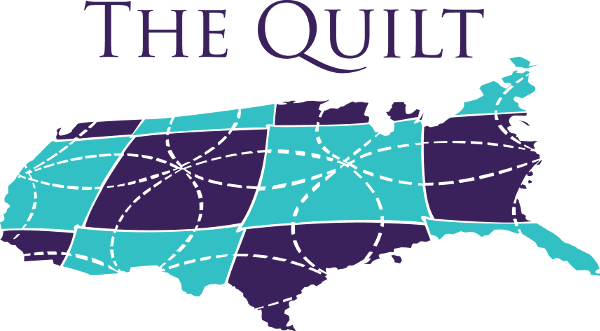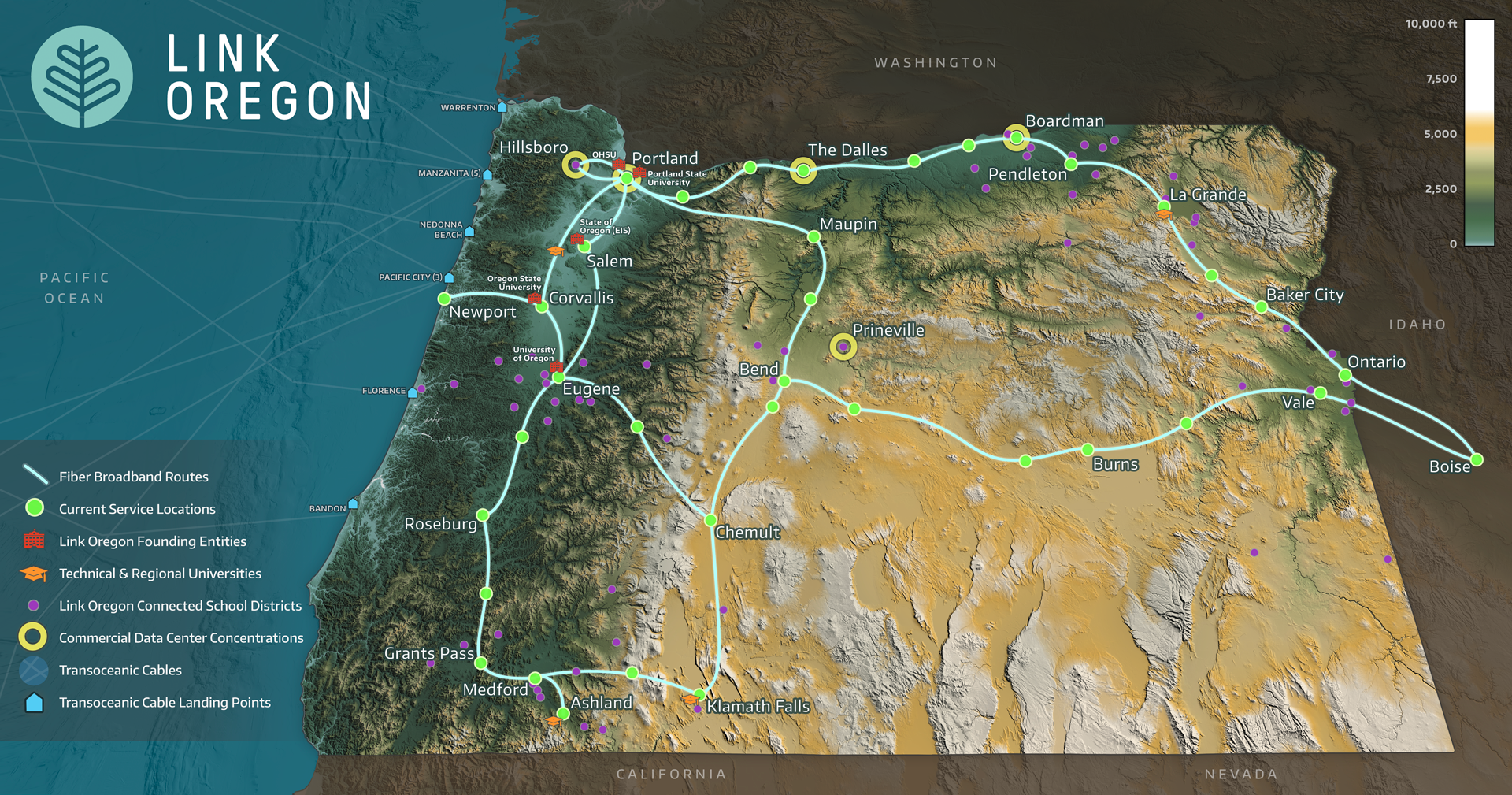Link Oregon was just beginning its third year when the pandemic struck. This statewide, facilities-based broadband network provider—for the public and non-profit sectors in Oregon—responded to the crisis in multiple ways.
From the earliest days of the pandemic, Link Oregon’s leadership responded by taking a firm stance on protecting the team and our member community, ensuring we had technology in place to work effectively from home, developing a clear personal protective equipment (PPE) policy, and making PPE available to staff whose responsibilities required in-person contact with colleagues, members, and vendors.
As conscientious co-workers, we were communicating daily at first and then regularly (via Zoom and Slack), attending to our own and to our members’ health and safety, and continuing to carry out our network service and expansion work. We also positioned ourselves as a conduit for our member community on information related to the pandemic by posting on our website resources on public health, telehealth, education, and other impacted service domains.
We are a consortium of and for our founding members—the four Oregon research universities and the State of Oregon Enterprise Information Service—and remain committed to carrying out the missions of these institutions as their connectivity needs and those of their constituents were being amplified by the pandemic.
Link Oregon is also a community-focused, member-based, technology organization intent on providing reliable, cost-effective middle-mile broadband connectivity to the education, health care, research, Tribal, and remote state government offices located across our geographically diverse state. And, while Link Oregon does not work to solve residential internet connectivity issues directly, our providing fast and reliable internet to the public and non-profit sectors and serving as an anchor tenant stimulates broadband investment to communities and enables better knowledge sharing across communities.
We sought guidance from other research and education networks who are models for success, including UETN, CENIC, and others. We convened with colleagues, broadband leaders, and state librarians in Washington and California whose governors had signed the Western States Pact to ensure that the reopening of public and commercial services would be conducted safely. Representatives from Colorado, Nevada, and Utah joined us later as well. We continue to share ideas on broadband deployment and emerging funding opportunities.
Link Oregon has intensified network expansion efforts across southern and eastern Oregon with the help of a $8.4 million grant from the Federal CARES Act, allocated by the State of Oregon. We are close to completing this expansion project, after which Link Oregon will have established 50 access locations statewide and enabled interconnectivity with Seattle, Boise, and the San Francisco Bay Area (Sunnyvale).
The pandemic clearly demonstrated the lack of sufficient broadband in many areas and broadband’s importance to every community across the state. Link Oregon is proud to have a key role in solving our state’s broadband challenges, and we look forward to continuing to deliver for Oregon’s public and non-profit sectors in response to the pandemic and for the long-term benefit of all Oregonians.

